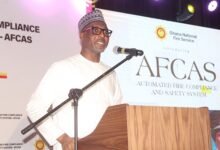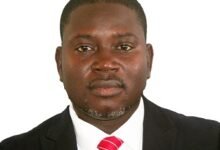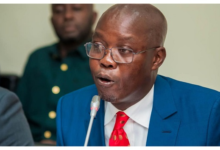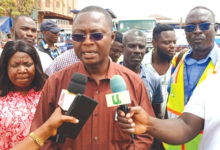Japan Embassy to invest 2.5bn yen in Tamale Hospital reconstruction project
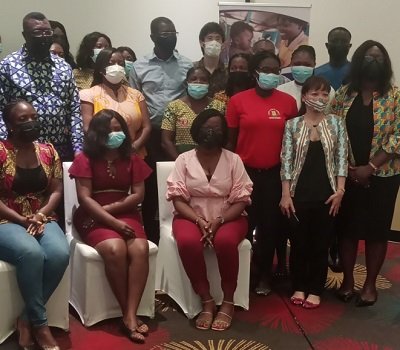
The Embassy of Japan in Ghana is in the process of finalising a project that seeks to improve the healthcare system in the Northern Region of the country.
The 2.5 billion Yen project will be for the reconstruction and upgrading of the Tamale Teaching Hospital.
This was revealed by Mr Akihisa Katsumura, a representative of the Embassy of Japan in Ghana, at a workshop aimed at empowering community health officers to effectively engage and empower individuals to promote healthy living practices within their communities on Friday.
The dissemination workshop was a follow up to a previous one organised last year for community health volunteers, community health management committees and community health officers in Ga Central and Accra Metro, all in the Greater Accra Region.
It was organised by the United Nations Development Programme (UNDP) with support from the government of Japan.
According to Mr Katsumura, since the onset of the COVID-19 pandemic, Japan had supported Ghana in many areas, including the promotion of efficient response in deploying COVID-19 vaccines and the provision of six thermograph systems which have been installed at various airports in the country to manage the pandemic among others.
Currently, he revealed that plans were underway to provide Ghana with 309,600 AstraZaeneca vaccines manufactured in Japan.
He further disclosed that through his outfit’s Grants Assistants for Grassroots Human Security project, Japan had constructed several healthcare centre, including Community Health Planning and Services (CHPs) compounds across the sixteen regions of the country to promote healthcare delivery in the country.
“UNDP has been our long time partner in implementing critical healthcare related projects in Ghana. The government of Japan will continue to work closely with the UNDP to further promote healthcare delivery in Ghana,” he added.
Mr Katsumura commended Japan International Cooperation Agency (JICA), the Ghana Health Service, the UNDP and all other stakeholders for supporting his outfit’s various initiatives.
In his address, Dr Edward Ampratwum, UNDP team leader, mentioned that the UNDP believed health and development were mutually reinforcing, adding that expanding capabilities of individuals to lead healthy lifestyles ensured that they were capacitated enough to contribute to the social and economic development of their communities.
He said,”we also know that fully realising the promise of Universal Health Coverage and sustaining progress on the health priorities of the Sustainable Development Goals (SDGs) would be impossible without community involvement, collaboration and interested responses from all actors.
BY RAISSA SAMBOU



